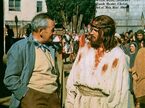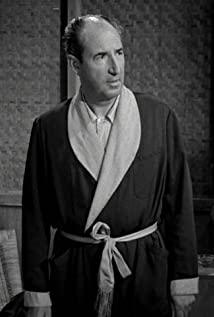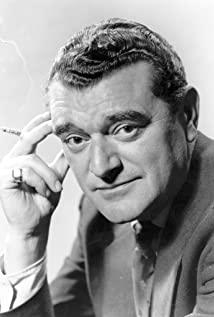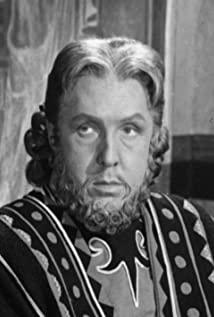Hatred must be one of the sub-themes, not directly through the war scenes to show how Rome conquered Judah's national hatred and family hatred. As Ben-Hur said, the real culprit was not his own petiteness, but Rome. The brutality and bloodshed of the empire were ingrained into the bone marrow, and Messara betrayed her close friends for military exploits and fame. Those who want to get it can't get it. Instead, they think that the consul who wants to die in defeat will enjoy the fruits of victory and supreme glory. This victory is not just his victory. Ben-Hur was transformed from the helmsman of a mortal battleship to a Roman citizen, heir to arius. But for more than three years, things were right and wrong, and then there were joys and sorrows.
People don't know why there is such a change in their situation at the moment. In fact, there is a hand that pushes all the joys and sorrows of mankind to face the eternal answer brought by a fact. Jesus of Nazareth died on the cross, and as the rain washed away his blood, a new order was established, with life instead of death, and cleanliness instead of filth. Love replaces hatred to solve life's problems.
Ben-Hur, who fell into hatred, has remarkable and powerful strength, but the hatred turned into pain cannot restore his mother and sister, so that the family can enjoy the happiness of the past. Instead, it was the powerless Son of God who was whipped, humiliated, and hung on the cross. According to the will of the heavenly Father, he personally bore the sins of all and died, eliminating the hatred of God, who is truly fearful, for sinners. It is a true miracle that God, who is righteous and justified in hating sinners, shows love and mercy to sinners. Because of the fact that God acts, the character transformation has the most reasonable motivation.
View more about Ben-Hur reviews











